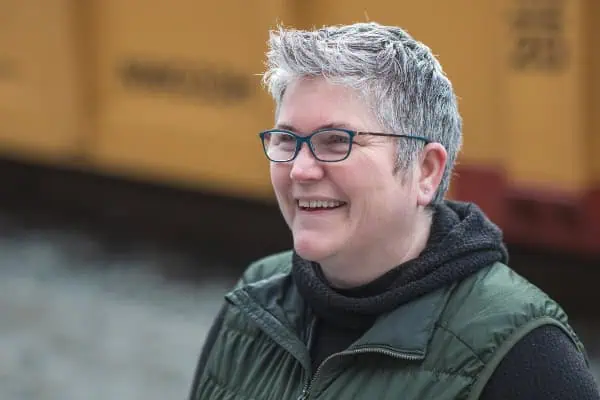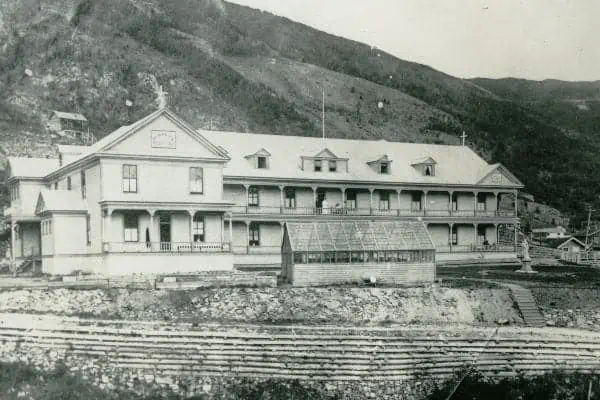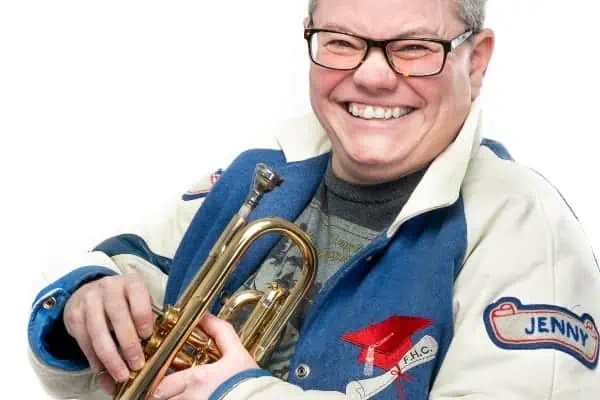The Yukon Quest is an annual event in the North that can banish your winter doldrums, lift your spirits, and get you cheering.
The Quest, a 1,000-mile (1,609-kilometre) dog sled race, takes place every year in February, bringing people out of their houses and cabins, not only to run the race, but also to volunteer, organize, break trails, bake, and… you name it.
The Quest starts alternatively in Fairbanks, Alaska, and Whitehorse depending on the year, requiring teams on both sides of the border to work year-round to make it happen.
While there are some paid employees, it’s largely the volunteers who make this race possible.
I’ve lived in Dawson City for 15 years and have volunteered for the Quest every year. Being involved in an event featuring hundreds of people working together, extreme conditions, and unforeseen challenges, grabs me and won’t let go.
There are several checkpoints throughout the race, some of which have short, mandatory layovers. Dawson City, being the halfway point, is unique as teams must rest for 36 hours, requiring plenty more organization and volunteer hours.
My role with the Dawson City checkpoint, which is located at the Visitor Information Centre, has evolved over time. After several years of volunteering where I was needed, I’m now the checkpoint manager and am responsible for setting up and organizing the checkpoint.
Preparation usually starts in October, when the race manager travels to Dawson from Whitehorse. We discuss what is needed, what could be improved, and what can stay the same.
In January, volunteers are scheduled for the checkpoint, which is open 24-hours per day for up to a week. Many come back year after year. They are passionate about the race, and tell me they wouldn’t miss it for the world.
I sometimes receive emails from these regulars as early as November — their flight and hotel are already booked and they are ready.
I have been lucky to make lasting friendships with people from Australia, Germany, and even South Africa, staying in touch and visiting during the off season.
Throwing together mushers, handlers, veterinarians, officials, and volunteers during such an extreme event creates an intense atmosphere; everyone bonds and becomes a family, and many memories have been created over the years.
During my first year as manager, I felt it important to be there for every shift change and to manage every detail. Hours turned into days, and still I hadn’t left the checkpoint. When I finally realized I’d been awake for 61 hours straight, I told the race marshal that I was going home to bed.
He agreed with my decision, as he was about to ban me from the building and send me home anyway. Apparently – even though I thought I was being friendly – the lack of sleep and crankiness was starting to show.
Because of my volunteer commitments, I’m not usually able to see the start or finish of a race. But one year, I was able to help a Dawsonite hook up his team and bring them to the start in Whitehorse.
There were more than 300 dogs barking and going crazy, and the adrenaline was so high that after the last team left, it took me an hour to stop shaking.
Another year, I made it to Whitehorse for the finish and saw the last team come in. It was Wayne Hall from Eagle, Alaska, a remote village along the Yukon River. He was racing his big, trap line dogs, not the smaller, faster dogs, like everyone else.
Hall was slower, but he still had all 14 dogs that he had started with, which is almost unheard of. As they came over the finish line in the middle of the night, I was moved to tears by their accomplishment.
This is what keeps me coming back to the Yukon Quest.
More information and race results can be found on the website at www.YukonQuest.com.




